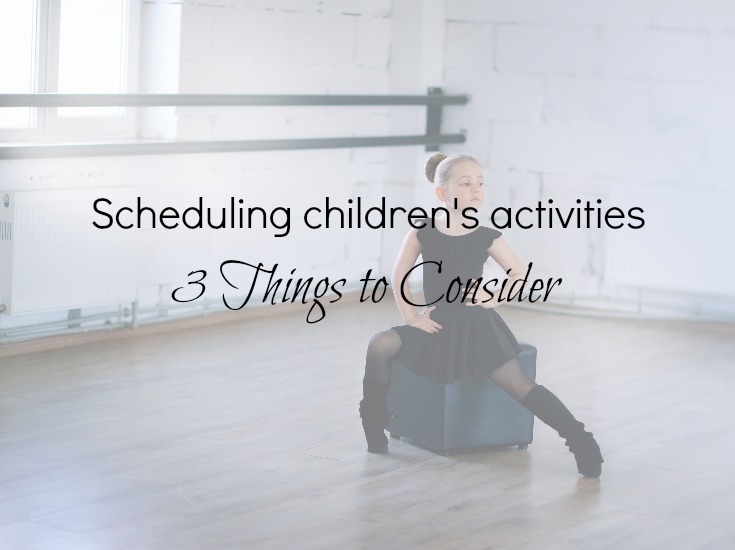Parenting: What really matters on Mother’s Day?
The history of Mother’s Day is somewhat convoluted in the UK with many differing opinions. Some sources say that it is the day that one should return to your home or ‘mother’ church, others say that it is a day to honour the Virgin Mary, whilst there is also the popular view that it’s really a day to buy your Mother gifts of appreciation.
Marketing has been pushing the term ‘Mother’s Day’ but in Britain (for whatever the purpose) it is more traditional to celebrate ‘Mothering Sunday’. This is always celebrated on the fourth Sunday of Lent – marking a respite within a time that is usually reserved for austerity.
When I was small my parents decreed that Father’s day was too commercial (this may have been to do with my Dad disliking presents) but Mothering Sunday was always given heed. As church goers we had an easy gift, as there was always an opportunity within the service to go collect a small posy and to deliver it to Mum. I think we were likely to buy cards (or rather I would buy a card and my brother would sign it) – but now I’m a Mother myself, I wonder if there’s really much in receiving a card like this.Read More »Parenting: What really matters on Mother’s Day?




